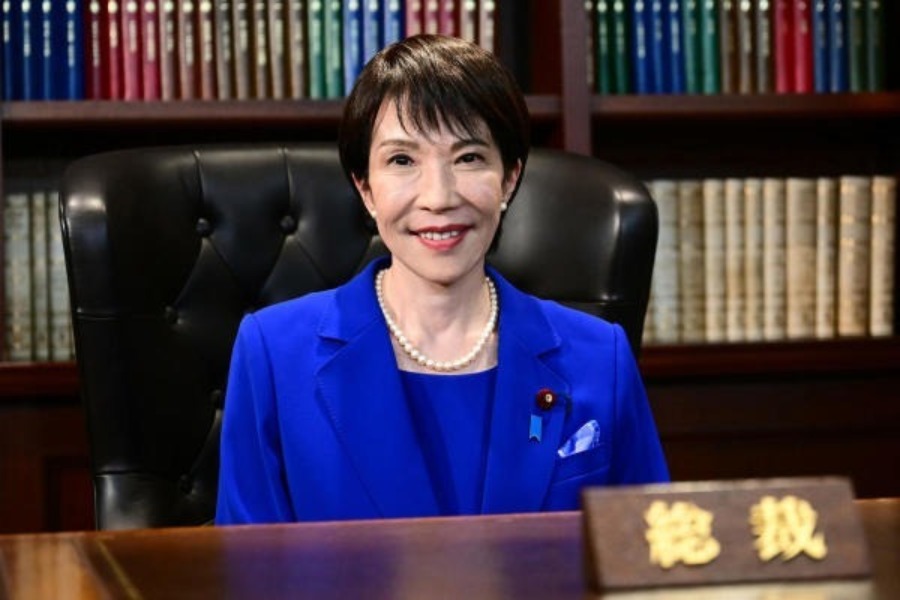Japan has a woman prime minister for the first time in its history, marking a landmark moment in a country where women have traditionally rarely held leadership positions, whether on corporate boards or in politics. Sanae Takaichi, the new premier, is a political veteran who first entered Japan’s Parliament more than 30 years ago and has already shown masterful negotiating skills to secure the country’s leadership. However, despite her unprecedented rise, Ms Takaichi in many ways represents continuity — albeit amid political churn — more than dramatic change. While a predictable hand at the helm of one of the world’s largest economies will be welcomed in other global capitals, including New Delhi, the new leader faces strong headwinds domestically that could threaten the longevity of her rule. Expecting her to shift the gender balance in Japan’s political hierarchies might be naive too: for a start, she has appointed only two women to her cabinet. Ms Takaichi’s Liberal Democratic Party has dominated Japanese politics since the end of the Second World War but now has lost its majority in Parliament, forcing it to form alliances with smaller parties to stay in power. She is the fourth Japanese prime minister in the past five years.
An economy that is stagnant, a population in decline, and a country whose most important ally, the United States of America, is extracting trade concessions in exchange for security — Japan faces existential questions. And as the LDP’s challenges show, people are losing patience fast. For many of Japan’s other friends, though, Ms Takaichi’s appointment is reassuring. Her politics is sceptical of China and supportive of traditional allies. New Delhi will expect her to demonstrate the same warmth towards bilateral ties that her mentor, the late prime minister, Shinzo Abe, did. At the same time, her recent decision to avoid visiting a controversial war memorial shows pragmatism and sensitivity towards neighbours, including South Korea and China, both of which have painful memories of Japanese occupation. She will know that the US security umbrella her predecessors have counted on is no longer a guaranteed buffer if the country faces threats. How she navigates these domestic and international complexities will likely define how long she stays in office as well as her legacy. It might well also decide Japan’s broader direction. India and the world will watch closely.










